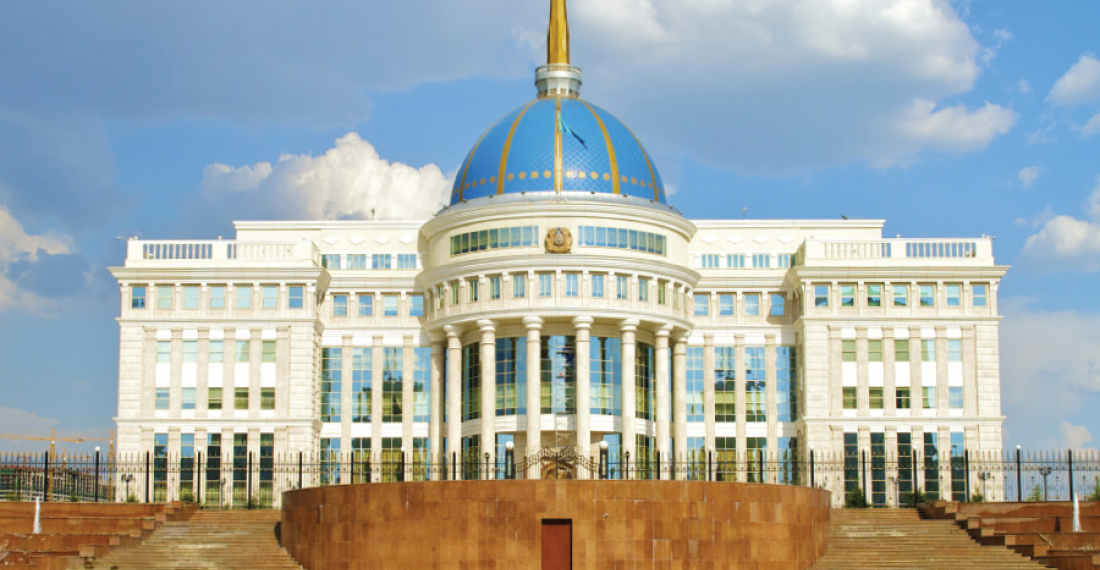The death penalty has been formally abolished in the Central Asian state of Kazakhstan.
The law “On Ratification of the Second Optional Protocol to the International Covenant on Civil and Political Rights aimed at Abolishing the Death Penalty”, was signed by president Kassym-Zhomart Tokayev formally ending the use of the death penalty in the country.
Kazakhstan declared a moratorium on the use of the death penalty in 2003. In September 2020, the Permanent Representative of Kazakhstan to the United Nations, Kairat Umarov, signed the Second Optional Protocol to the International Covenant on Civil and Political Rights, aimed at abolishing the death penalty at a ceremony at UN headquarters in New York.
source: commonspace.eu with agencies
photo: Ak Orda presidential office in Nur Sultan (archive picture)







